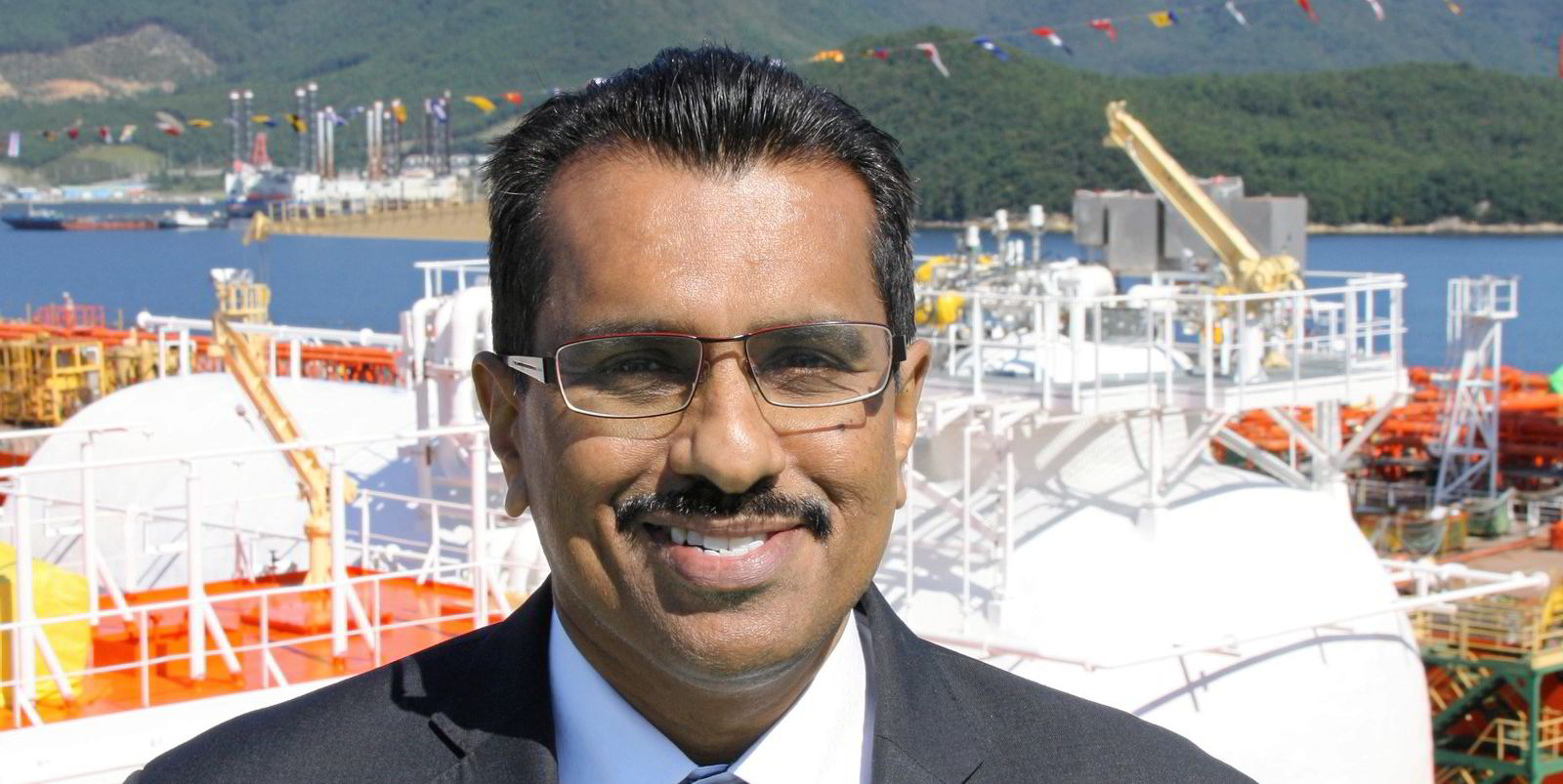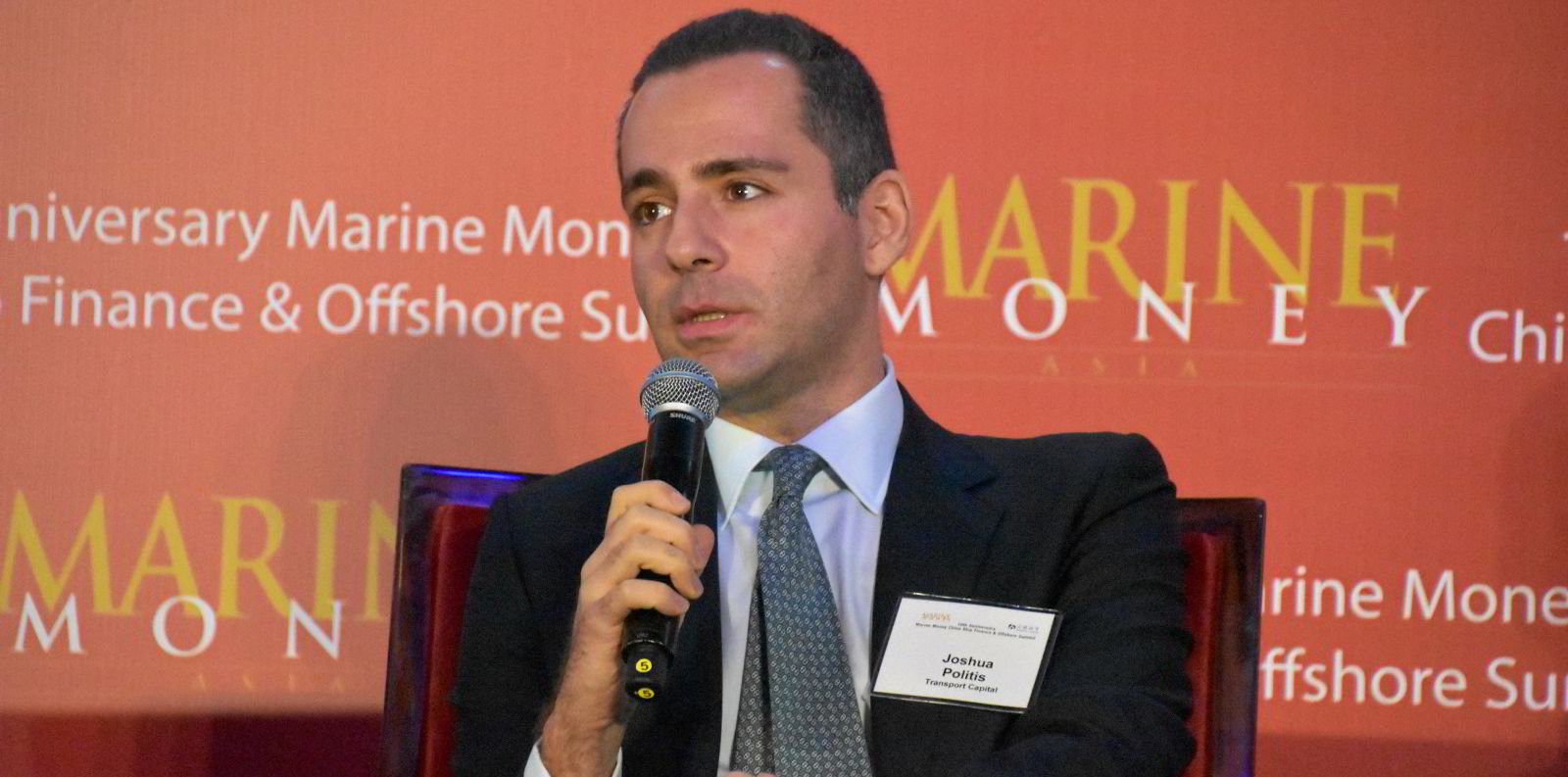The momentum of sustainable finance in shipping has been growing exponentially as the industry’s environmental performance stands in the spotlight.
But as shipping grapples with how to meet IMO-mandated targets and other increasingly tough emissions legislation, top industry executives have said that more needs to be done to level the competitive playing field between operators of eco and non-eco vessels.
At the Singapore Maritime Forum held on Thursday, senior industry executives argued that banks could do more by offering stronger incentives to shipowners who want to invest in sustainable ships, while penalties needed to be imposed on those who wanted to continue the traditional way.
“You will only really kickstart alternative fuels and propulsion if it becomes cost competitive,” Transport Capital founder and managing partner Philip Clausius told delegates at the online event organised jointly by Moore Stephens and BNP Paribas.
Most delegates agreed that sustainability-linked loans would become an increasingly large part of the ship finance scene, and financiers would place stronger emphasis on a client’s environmental, social and governance (ESG) performance no matter what type of financing was being arranged.
“The capital markets have already spoken. They have already concluded that ESG is important to them, and they will allocate their capital in the future on the basis of how they feel these companies are incorporating strong ESG principles,” said Clausius.
Stronger incentives

AET president and chief executive Rajalingam Subramaniam said financing was going to increasingly become sustainability linked.
“My advice to everyone is to look at this very critically. It is already here, and it is going to move forward in a very intensive fashion,” Rajalingam said.
Rajalingham asked financiers to offer better incentives to encourage shipowners to move the sustainability dial forward.
“There should be better differentiators, incentives for us to move into solutions that are more ESG-related, more sustainability linked. As we move forward it must be more purposeful in those areas, rather than just words, or signing documents and making pledges,” he said.
“As an organisation our investments are mostly sustainability-linked, and we see the differentiator between the financing rates between sustainability-linked solutions and the average solutions are not that big.”
Marisa Dupuis, BNP Paribas’s vice president of shipping and offshore for the Asia Pacific region, gave assurances that banks wanted to be part of the solution and promote responsible environmental behaviour, “so as to encourage shipping companies’ momentum on decarbonization strategies”.
Dupuis admitted that for now sustainability-linked loans would complement rather than replace conventional ship financing, but she hoped more companies would embrace it in the future.
She said clients may feel that it is a product that is difficult to tap into, so for banks, “it is all about educating clients and guiding them through the process”.
Rajalingham’s argument that providing better loan term differentiators to make it less costly and thus more attractive for shipowners to invest in sustainable ships was just one side of the equation according to Clausius, who argued that carbon taxes were also needed make those ships cost-competitive against the current generation of ships.
“You have to make conventional systems more expensive,” he concluded.







